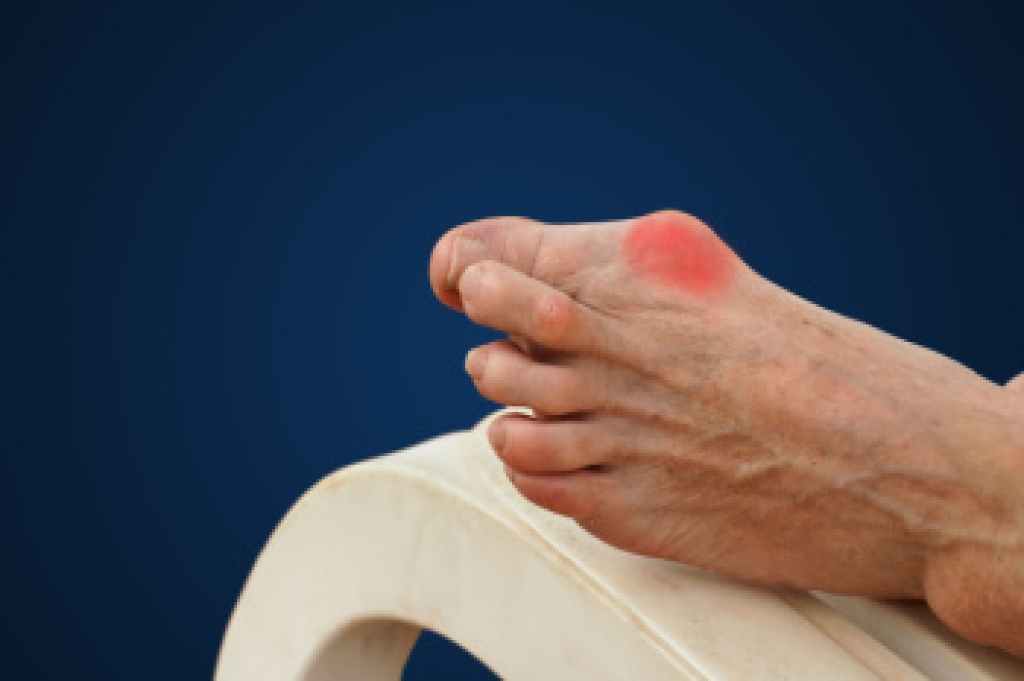
Bunions, along with other common foot issues, can significantly impact daily life. Symptoms of bunions include a bony bump at the base of the big toe, redness, swelling, and pain, which worsens with pressure from shoes. Corns and calluses may also develop due to friction. Treatment options vary based on severity. Mild cases may benefit from changes in footwear, padding, or orthotic inserts to alleviate pressure. Stretching exercises and ice packs can help manage pain and inflammation. In more severe cases, surgical correction may be necessary to realign the toe joint and relieve discomfort. It's important to address foot issues promptly to prevent them from worsening. Visiting a podiatrist ensures an accurate diagnosis and personalized treatment plan. Whether it is bunions, corns, or any other foot concern, it is suggested that you make an appointment with a podiatrist to get professional advice and treatment.
If you are suffering from bunions, contact Wendy L. Grossman, DPM of New Jersey. Our doctor can provide the care you need to keep you pain-free and on your feet.
What Is a Bunion?
A bunion is formed of swollen tissue or an enlargement of boney growth, usually located at the base joint of the toe that connects to the foot. The swelling occurs due to the bones in the big toe shifting inward, which impacts the other toes of the foot. This causes the area around the base of the big toe to become inflamed and painful.
Why Do Bunions Form?
Genetics – Susceptibility to bunions are often hereditary
Stress on the feet – Poorly fitted and uncomfortable footwear that places stress on feet, such as heels, can worsen existing bunions
How Are Bunions Diagnosed?
Doctors often perform two tests – blood tests and x-rays – when trying to diagnose bunions, especially in the early stages of development. Blood tests help determine if the foot pain is being caused by something else, such as arthritis, while x-rays provide a clear picture of your bone structure to your doctor.
How Are Bunions Treated?
- Refrain from wearing heels or similar shoes that cause discomfort
- Select wider shoes that can provide more comfort and reduce pain
- Anti-inflammatory and pain management drugs
- Orthotics or foot inserts
- Surgery
If you have any questions, please feel free to contact our office located in Bloomfield, NJ . We offer the newest diagnostic and treatment technologies for all your foot care needs.
